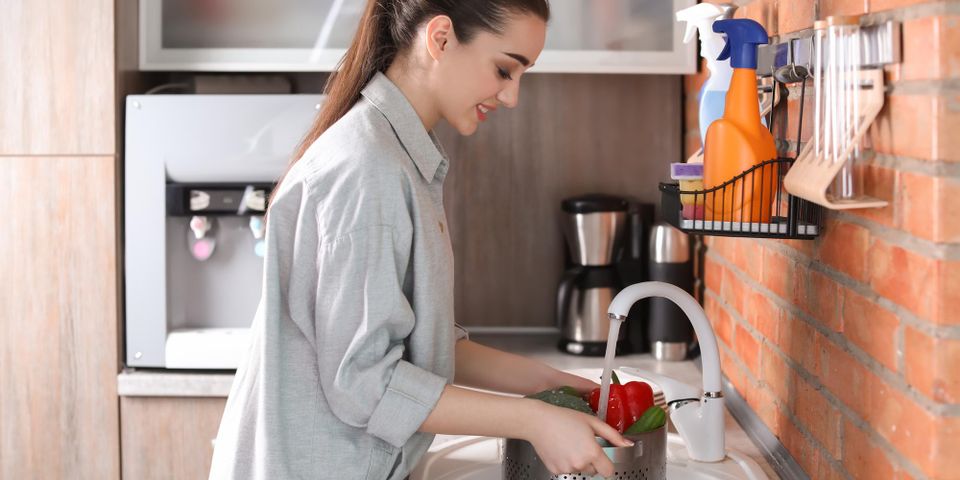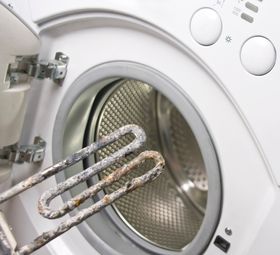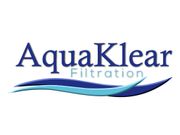
The water quality of most homes and businesses in the U.S. is affected by hard water at one level or another. Fortunately, the problem can be resolved with the use of water softeners. Nonetheless, there are still many misconceptions about what hard water is and what its effects are. Below are some answers to frequently asked questions about the matter.
What to Know About Hard Water
What substances are in hard water?
A water’s hardness refers to its level of dissolved minerals, such as calcium, magnesium, and a variety of metallic elements. The higher the concentration, the harder it is.
When water flows around rocks and into the ground, it picks up trace amounts of naturally occurring minerals. For water to be classified as hard, it has to contain more than 60 milligrams of calcium carbonate in a liter.
Is hard water harmful?
 While hard water is not necessarily a direct threat to your health, it is inconvenient for washing and cleaning. When combined with soap, hard water forms scum — an insoluble, slimy residue — as a chemical reaction with the calcium content. These curds remain on the surfaces of your plates and glassware and take longer to wash off.
While hard water is not necessarily a direct threat to your health, it is inconvenient for washing and cleaning. When combined with soap, hard water forms scum — an insoluble, slimy residue — as a chemical reaction with the calcium content. These curds remain on the surfaces of your plates and glassware and take longer to wash off.
Also, hard water is a nuisance to your plumbing and appliances. Solid calcium carbonate deposits, known as scale, can narrow down a pipe’s width, reduce water flow, and cause clogs. When left unchecked, mineral buildup can also shorten the life of your heater, coffee maker, and other appliances.
What are some common signs of hard water?
You have hard water in your property if it takes longer for you to lather up and wash away the soap and its slimy sensation. Pay attention to how your skin and hair feel. If they’re dry, you might have a high concentration of minerals in your water. The same goes for your laundry, as hard water can cause premature wearing out of fabrics from harshness and incomplete removal of dirt.
Look out for white, cloudy spots on your dinnerware and hard lines on bathtubs, sinks, fixtures, and appliances. If you notice a loss in pressure or flow, it may be from scale buildup due to hard water.
How do water softeners work?
A softening system improves water quality by replacing the calcium and magnesium with sodium through an ion exchange process. When hard water goes through the resin bed, the minerals attach themselves to the beads as sodium gets released.
When you want to improve water quality, look no further than Aquaklear Filtration LLC. As the leading provider of water solutions based in McCall, ID, they have an extensive selection of quality water softeners, purifiers, and filtration systems for homes and businesses throughout the Boise area. Call (208) 630-6189 for inquiries on their water systems or visit them online today.
About the Business
Have a question? Ask the experts!
Send your question

